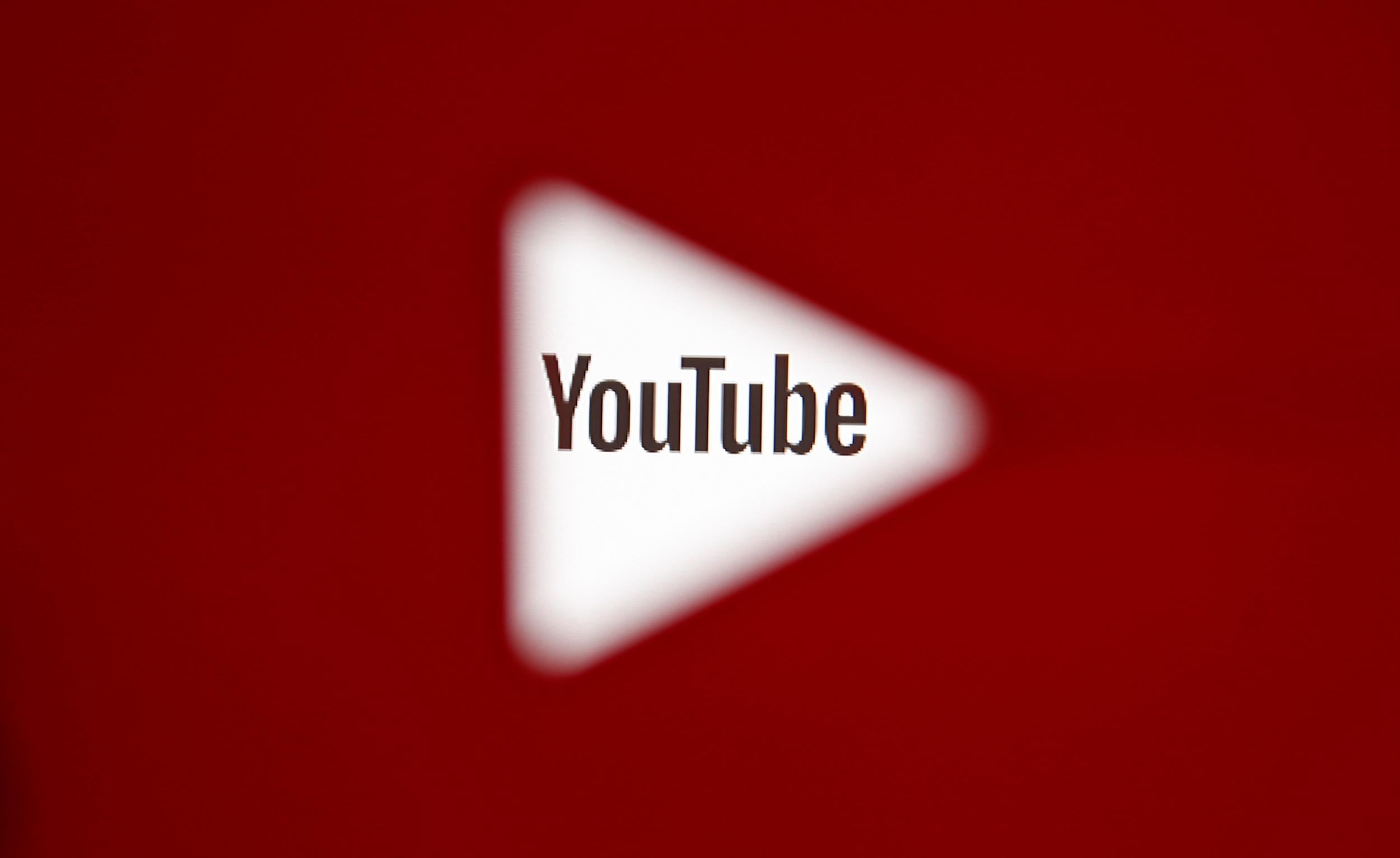Coronavirus: YouTube and Amazon Prime join Netflix by reducing streaming quality
Industry expert warns video game platforms pose ‘substantially greater threat’ in terms of internet outages

Your support helps us to tell the story
From reproductive rights to climate change to Big Tech, The Independent is on the ground when the story is developing. Whether it's investigating the financials of Elon Musk's pro-Trump PAC or producing our latest documentary, 'The A Word', which shines a light on the American women fighting for reproductive rights, we know how important it is to parse out the facts from the messaging.
At such a critical moment in US history, we need reporters on the ground. Your donation allows us to keep sending journalists to speak to both sides of the story.
The Independent is trusted by Americans across the entire political spectrum. And unlike many other quality news outlets, we choose not to lock Americans out of our reporting and analysis with paywalls. We believe quality journalism should be available to everyone, paid for by those who can afford it.
Your support makes all the difference.Amazon Prime Video and YouTube will reduce the quality of streaming on their platforms in Europe in order to help internet infrastructure cope with a surge in traffic resulting from the Covid-19 coronavirus pandemic.
The move follows a similar announcement from Netflix following a request from European Union commissioner Thierry Breton for streaming services to lower the resolution of their content to prevent internet gridlock.
“We are making a commitment to temporarily switch all traffic in the EU to standard definition by default,” YouTube said in a statement.
A spokesperson for Prime Video said the platform was working with local authorities and internet service providers “to help mitigate any network congestion”.
Increased strain on the internet will likely increase over the coming weeks. From Friday, schools across the UK will close for the majority of students, leaving millions more at home using video streaming and online gaming platforms.
Concerns about widespread outages and critical services going down prompted BT to offer assurances that its broadband network would be able to cope with the added demand.
“The UK is one of the world’s most advanced digital economies, so we overbuild our networks to compensate for our love of high-definition streaming content, video gaming and other bandwidth-hungry applications,” Howard Watson, BT’s chief technology officer, wrote in a blog post on Friday.
“The Covid-19 outbreak is causing changes to the way our networks are being used. We’re monitoring those changes carefully to make sure we can respond rapidly if needed. However, the UK’s communications infrastructure is well within its capacity limits and has significant headroom for growth in demand.”
Other industry experts have warned that the measures may not be enough to prevent more outages, with GlobalData director Emma Mohr-McClune calling on other major bandwidth consumers to take similar action.
Online video game platforms have already seen huge spikes in users in recent weeks – a trend that is expected to continue as the crisis progresses. Desktop gaming client Steam broke its all-time record for the highest number of concurrent users over the weekend, seeing over 20 million gamers use the platform at one time.
“Netflix and [YouTube owner] Alphabet have demonstrated superb industry leadership with this compromise and gesture, but online gaming service providers must now follow suit,” she said.
“Although video streaming represents the lion’s share of residential internet traffic in Europe, interactive online gaming is a substantially greater threat in network overload terms. Any mass market spike in activity will have significant consequences for vital government and market functions in Covid-19 lockdown mode.”
Join our commenting forum
Join thought-provoking conversations, follow other Independent readers and see their replies
Comments